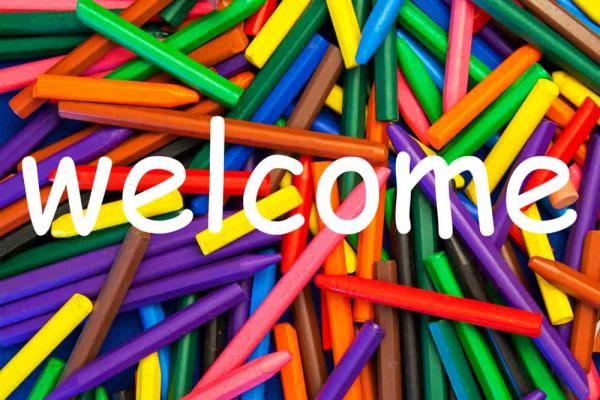
One of the most important steps in a child's life is when he starts attending school. Although education begins in the home, going to a different place to receive instruction creates a very important change, as well as meeting new people and following rules at a young age.
In order to help your child go through this process, there are three strategies that will allow her to gain experiences and enjoy the beautiful pre-school stage. It is very important that you work on these strategies previous to the first day of class. They will help you avoid frustrations or bad memories associated with school experiences.
1. Social skills and behavior
Your child will be expected to perform basic independent tasks. Things like, using the restroom by herself, taking turns or being able to sit quietly and listen to instructions. These skills can be learned through daily socialization in the home.
In order to instill these habits in your child, you can establish a daily routine where he can predict what happens first and what happens next. For example, he can make a sequence of drawings with what happens during the day: shower, breakfast, and brushing teeth, playtime, etc. He can put away the drawings that represent the actions that have been done.
Another way to help her prepare for this transition is to read a story and ask her to identify her favorite part and character. In this manner, you will be able to check for comprehension. Let us remember that a child who is always still may not be completely attentive. Some children need to be in constant movement in order to learn. It is very important to identify your child's learning style from a very young age. Even if the kids are moving, it is good that they are attentive to what they are being told.
2. Basic motor skills
In order to prepare your child for kindergarten in perfecting basic motor skills, we can assign him simple tasks, such as putting clothespins on clothes, cutting out images from newspapers or magazines, drawing on a notebook or whiteboard. Another good way to prepare our child is to let her experiment with her own body. At this age, children desire to know how fast they can run, how high they can jump, how long they can spin, etc. By allowing them to practice these skills in a safe environment, your children will be able to master them.
3. Cognitive and language abilities
Many children struggle with the articulation of certain phonemes in some words, such as /s/ or /r/. Do not worry. This is normal in children up to the age of 7. The important thing is that they can express what they like or dislike about others. Don't forget that your child will be in a group with 20 other kids. If your child does not communicate, his or her needs may go unnoticed by the teacher.
If your child is shy, this is the time to teach her some communication skills. If your child doesn't communicate within the family circle, it is time to help him by asking him to verbalize his requests such as, "I want to eat."� "I want water,"� or "I want to get a toy,"� instead of giving him things that he points to or when he cries.
And the most important tip is to accompany them to develop these abilities instead of forcing them to acquire each skill. Some children may need more time than others. This is why it is important to help the child acquire them in time to be ready for kindergarten.
Published in Actividades para niños by Isis Lugo on September 18, 2013
Translated and adapted by Anders Peterson from the original article "Tres tipos de habilidades que prepararán a tu hijo para entrar al Kindergarten"� by Isis Lugo

